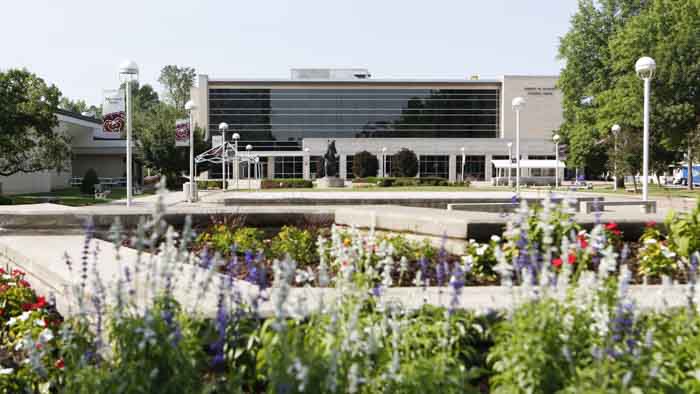
Public Affairs Conference - Religion and the public good in 21st century America

- Date and time
- 9:00 AM - 10:15 AM, April 05, 2017
- Description
The religious landscape has changed in the United States. Increasingly, individuals, sometimes called the Nones, claim no affiliation with organized religion, but for the most part, maintain their self-understanding as spiritual persons. Historically, religious groups have contributed much to the common good by means of the schools, colleges, hospitals, orphanages and other social service organizations they have founded and maintained. If individuals increasingly eschew organized religion, what is its long-term viability? What will become of the valuable public benefits organized religion provides? How should religious communities adapt to these changed (and changing) circumstances?
- Event sponsor
- Public Affairs Mission
- Admission
Free
- Open to public, alumni, current students, faculty, future students, staff
- Location
Additional information
- Event contact
- Wood, Mary Ann
- Director, Public Affairs Support
- MaryAnnWood@MissouriState.edu
- 417-836-5073
- Visit website
